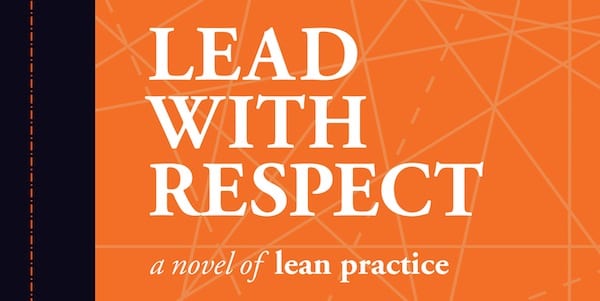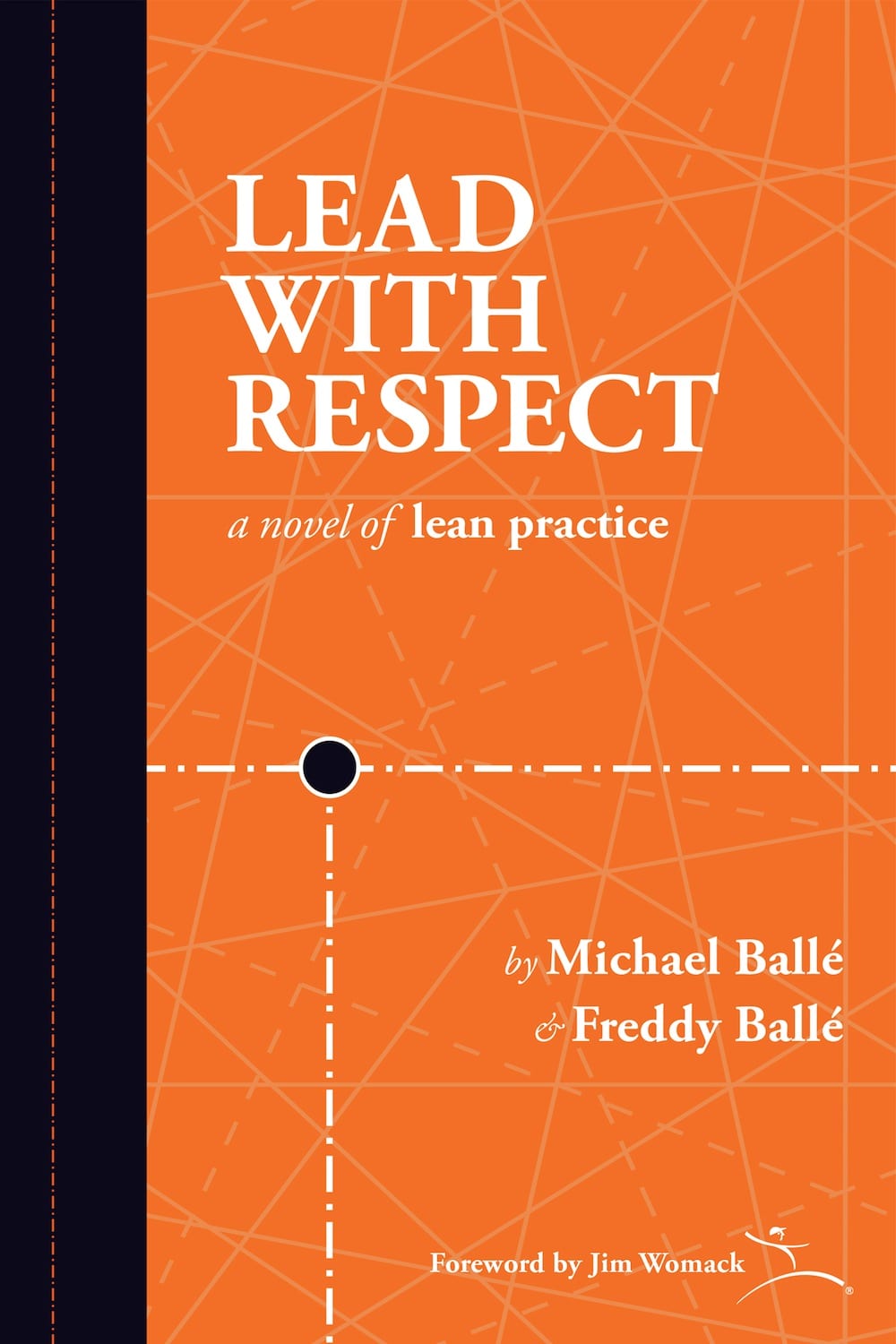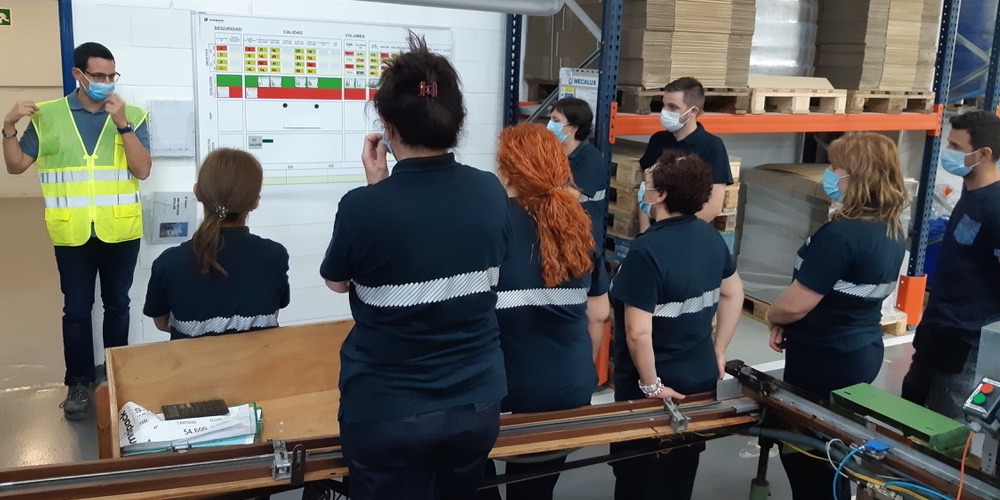
Book review - Lead With Respect

REVIEW - Michael and Freddy Ballé’s new novel, which came out this week, will help readers to understand what it really means to be a lean leader and respect people.
Words: Roberto Priolo, Managing Editor, Planet Lean
We all agree, lean is about developing people. But what does developing people mean exactly? This is the topic of Michael and Freddy Ballé’s new lean novel, Lead With Respect, which came out this week. Using a lean transformation in a software company as a backdrop, the authors describe a specific lean approach to leadership as well as what we mean when we talk about “respect” – both answers to these issues are powerful and surprising.
Leadership is presented here not as the typical charismatic trait of “I have a grand vision, follow me.” It is portrayed instead as going to the gemba and defining the challenges for people in large and small ways. The leader shares with staff what she believes is the challenge for the company, and how this larger problem breaks down into specific challenges for each person and each department. In this context, leadership is seen as the ability to correctly define the larger challenges that are hindering change and get people to see and do their part.
Respect is more than simply being polite to people. It is portrayed in the book more as “respect for people’s autonomy” than as admiration or deference (the most common interpretations). Michael and Freddy propose that respecting people means first and foremost to guarantee their safety: not just their physical safety, but their sense of security too (safety from harassment, safety from anxiety about their jobs, and so on). Additionally, respect is about fully developing people’s capabilities and structuring and organizing the work so that those capabilities will be fully utilized. Unsurprisingly for a lean book, it also means to take away all the non value-adding steps from employees’ work, and involving them in this process.
As the story unfolds, the reader gets a sense of the difficult balance between leading people by challenging them and listening to them to understand their obstacles and opinions. Hard to strike as it may be, this balance will lead to enhanced initiative and creativity as managers and employees agree on the gap between where the company would like to be and where it is, and on what to do about it.
Like in the previous books in the trilogy (The Gold Mine and The Lean Manager), the storytelling used in the novel makes for an easier reading experience than a proper manual but can be occasionally distracting as one gets carried away by the intrigue and misses the step-by-step explanation of the lean concepts. Overall, however, Lead With Respect is a very good read, and possibly the best book the Ballés have authored so far.
Lead With Respect shines a completely new light on lean by looking at it from the Human Resources and Organizational Development perspectives, and, in doing so, establishes the building blocks of a fully lean framework to understanding management. Definitely worth reading for any lean – or HR – professional.

Read more


INTERVIEW – Lean is making inroads in the Middle East! In this interview, a Senior VP of Gerab National Enterprises tells us how the company is using lean to reinvent itself as a project management firm.


FEATURE – As global supply chain suffer ongoing disruption, the author addresses the misconceptions on Just-In-Time that keep appearing in the media.


FEATURE - The Basic Thinking dimension of the Lean Transformation Framework is often the most neglected and the least understood. The author tries to shed a light on the subject.


CASE STUDY – This packaging company in Catalonia has been able to cleverly balance the resolution of urgent problems and the advancement of the lean transformation. But what to do when the burning platform is no more?

